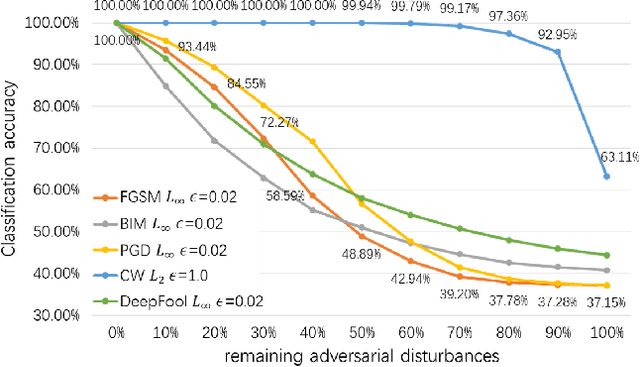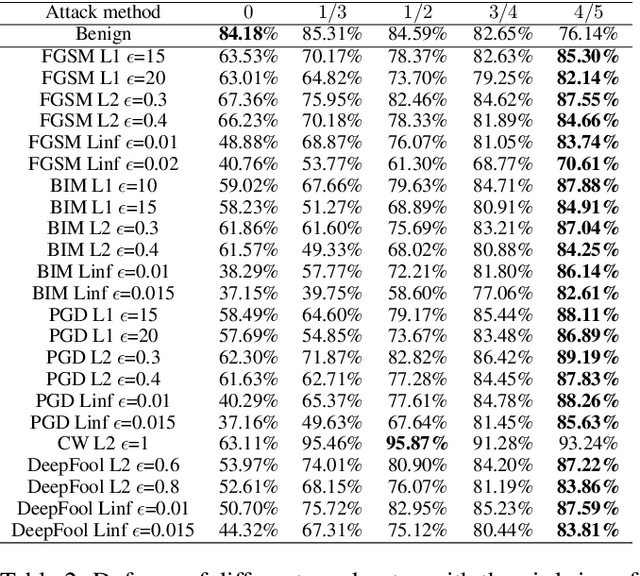Weizhen Xu
Optimizing Mobile-Friendly Viewport Prediction for Live 360-Degree Video Streaming
Mar 05, 2024



Abstract:Viewport prediction is the crucial task for adaptive 360-degree video streaming, as the bitrate control algorithms usually require the knowledge of the user's viewing portions of the frames. Various methods are studied and adopted for viewport prediction from less accurate statistic tools to highly calibrated deep neural networks. Conventionally, it is difficult to implement sophisticated deep learning methods on mobile devices, which have limited computation capability. In this work, we propose an advanced learning-based viewport prediction approach and carefully design it to introduce minimal transmission and computation overhead for mobile terminals. We also propose a model-agnostic meta-learning (MAML) based saliency prediction network trainer, which provides a few-sample fast training solution to obtain the prediction model by utilizing the information from the past models. We further discuss how to integrate this mobile-friendly viewport prediction (MFVP) approach into a typical 360-degree video live streaming system by formulating and solving the bitrate adaptation problem. Extensive experiment results show that our prediction approach can work in real-time for live video streaming and can achieve higher accuracies compared to other existing prediction methods on mobile end, which, together with our bitrate adaptation algorithm, significantly improves the streaming QoE from various aspects. We observe the accuracy of MFVP is 8.1$\%$ to 28.7$\%$ higher than other algorithms and achieves 3.73$\%$ to 14.96$\%$ higher average quality level and 49.6$\%$ to 74.97$\%$ less quality level change than other algorithms.
A Mask-Based Adversarial Defense Scheme
Apr 21, 2022



Abstract:Adversarial attacks hamper the functionality and accuracy of Deep Neural Networks (DNNs) by meddling with subtle perturbations to their inputs.In this work, we propose a new Mask-based Adversarial Defense scheme (MAD) for DNNs to mitigate the negative effect from adversarial attacks. To be precise, our method promotes the robustness of a DNN by randomly masking a portion of potential adversarial images, and as a result, the %classification result output of the DNN becomes more tolerant to minor input perturbations. Compared with existing adversarial defense techniques, our method does not need any additional denoising structure, nor any change to a DNN's design. We have tested this approach on a collection of DNN models for a variety of data sets, and the experimental results confirm that the proposed method can effectively improve the defense abilities of the DNNs against all of the tested adversarial attack methods. In certain scenarios, the DNN models trained with MAD have improved classification accuracy by as much as 20% to 90% compared to the original models that are given adversarial inputs.
 Add to Chrome
Add to Chrome Add to Firefox
Add to Firefox Add to Edge
Add to Edge